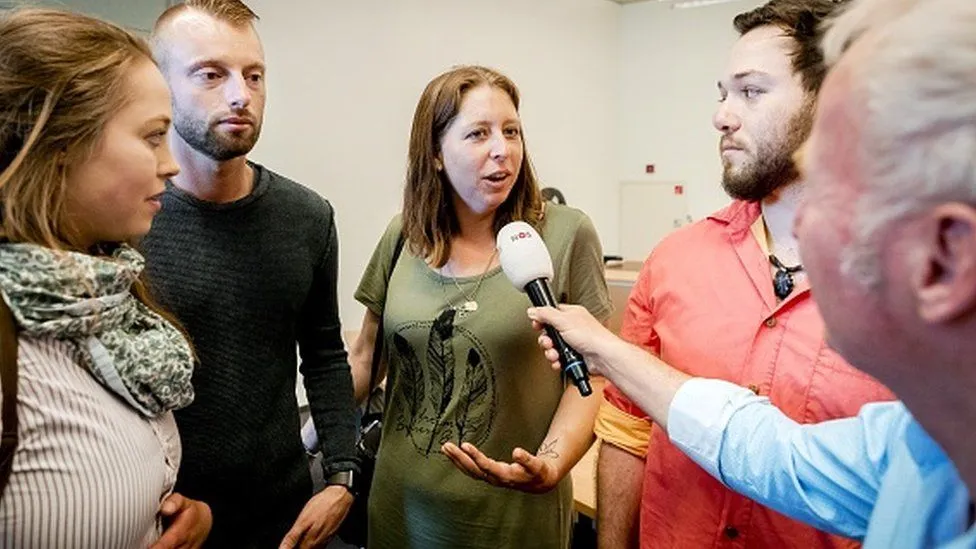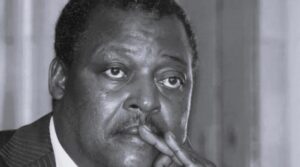In a landmark ruling, a sperm donor who fathered 550 children has been ordered to stop donating sperm. Jonathan, 41 had been donating sperm for over a decade and had become one of the most prolific donors in the country.
In 2017, Jonathan was prohibited from donating sperm to fertility clinics in the Netherlands after it was discovered that he had fathered over 100 children. However, he disregarded the ban and continued to donate sperm through online channels and abroad.
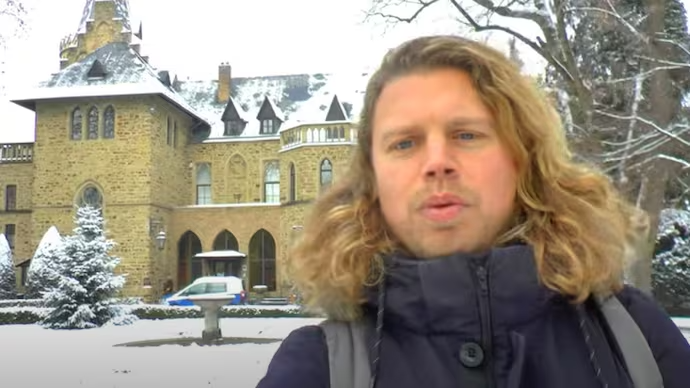
Following a recent ruling by a court in The Hague, he has been instructed to compile a list of all the clinics he utilized and direct them to destroy his sperm.
According to reports, the man had deceived numerous women.
The clinical guidelines in the Netherlands state that a donor should not father more than 25 children within 12 families.
Read Also: Uganda now permits human organ Donation while curbing trafficking
Donors are also advised to restrict the frequency of their donations to avoid the possibility of half-siblings unintentionally having children together.
However, it has been reported that the man in question had contributed to the conception of approximately 550 to 600 children since he started donating sperm in 2007, according to the judges.
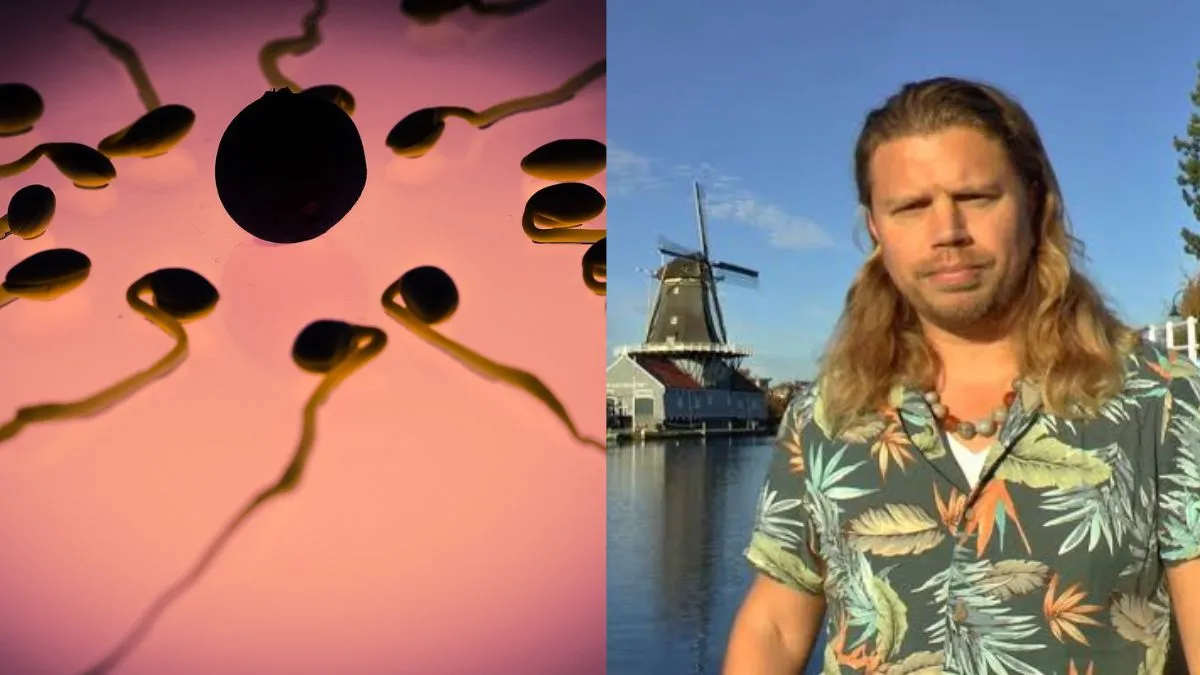
A foundation advocating for the rights of donor children and the mother of one of the children who was purportedly fathered by his sperm took legal action against him.
“The point is that this kinship network with hundreds of half-brothers and half-sisters is much too large,” a spokesman for the court, Gert-Mark Smelt, said.
According to Judge Thera Hesselink’s ruling, the defendant is not allowed to donate his sperm to any new prospective parents following the court’s decision. Additionally, he is prohibited from contacting prospective parents to offer his sperm, advertising his services to them, or participating in any organization that facilitates contact between him and prospective parents.
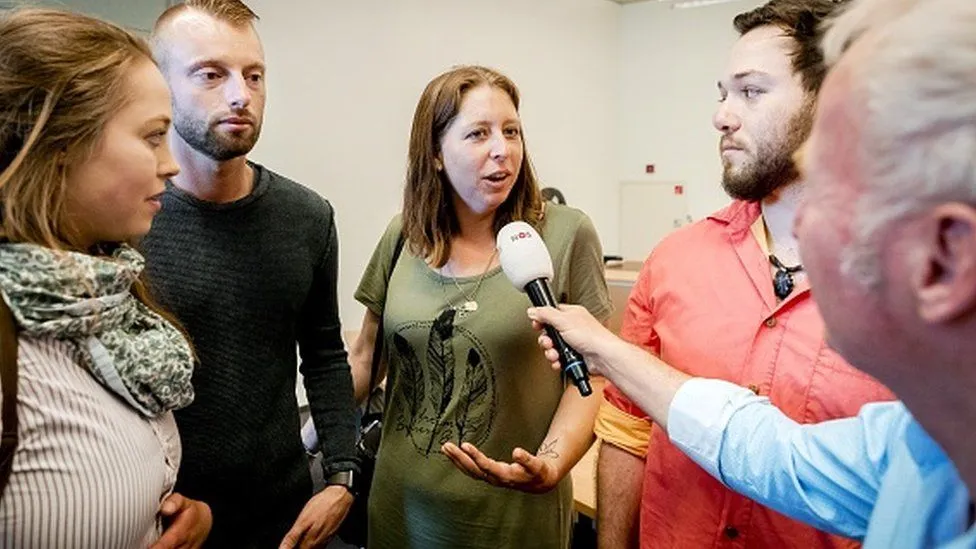
The district court in The Hague stated that the donor had deliberately provided false information to prospective parents about the number of children he had previously fathered.
As a result, all the parents involved are now faced with the reality that their children are part of an extensive kinship network that includes hundreds of half-siblings, a situation they did not intentionally choose.
Subscribe to our You Tube channel at Switch TV.
The case has sparked a wider debate about the regulation of sperm donation and the need for more stringent guidelines.
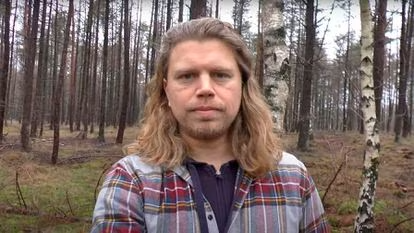
Some experts have called for a national registry to be established to keep track of the number of offspring produced by each donor.
The ruling has been welcomed by many, who see it as a step towards ensuring the safety and well-being of children born through sperm donation. However, some have criticized the decision, arguing that it infringes on the donor’s right to make his own reproductive choices.


